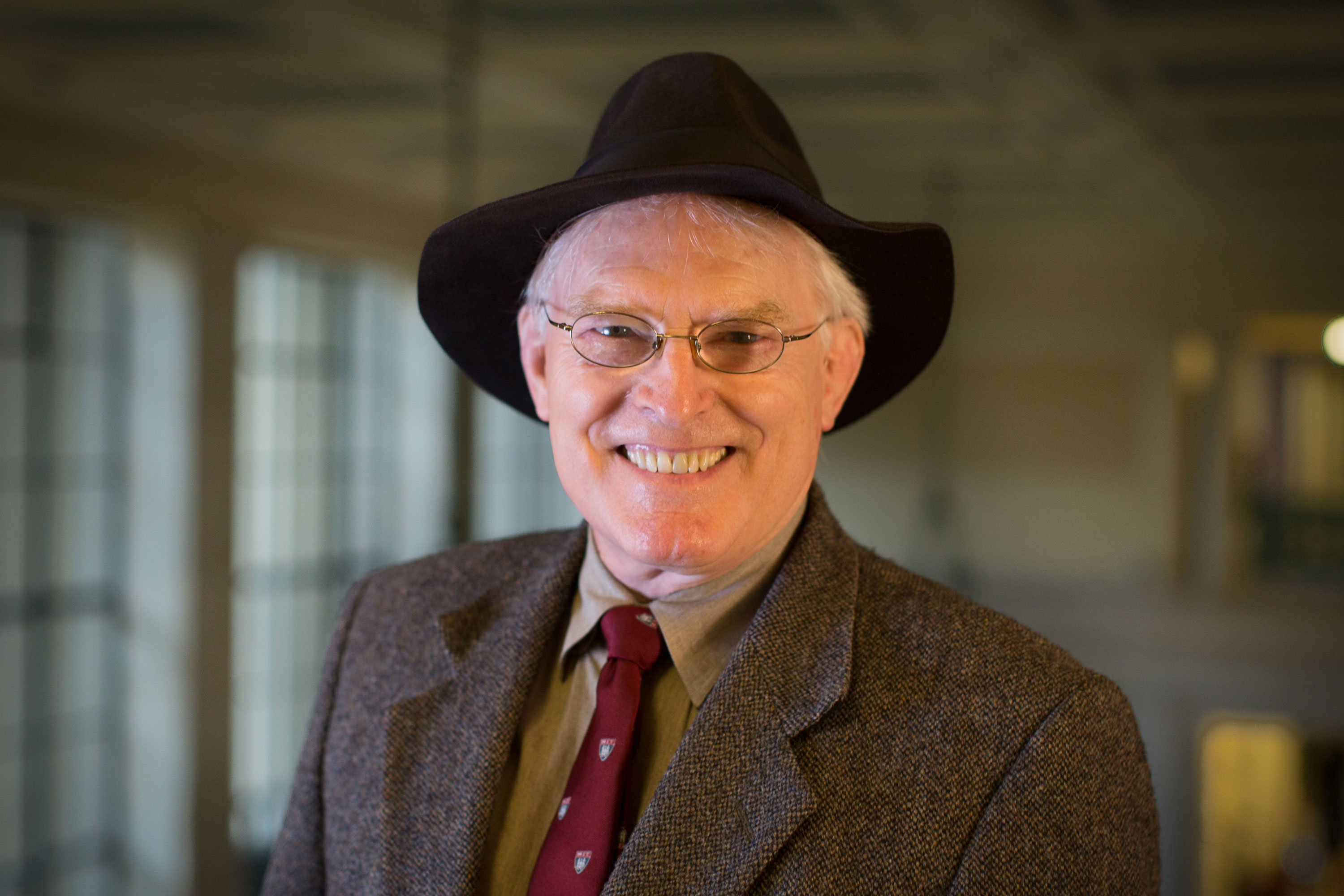Professor William Thilly, whose research illuminated the effects of mutagens on human cells, dies...

Pioneering Human Genetics: William Thilly's Legacy of Scientific Impact
Revolutionary Research in DNA Mutations
William Thilly, a titan in the field of human genetics, made groundbreaking contributions to identifying and measuring the effects of environmental mutagens on human DNA. His innovative assays have become indispensable tools in toxicology and drug development, ensuring the safety and efficacy of new treatments.
"He was a true giant," says Bevin Engelward, a colleague at MIT. "He used his scientific brilliance to tackle real-world problems."
Tackling Environmental Health Challenges
As Director of MIT's Center for Environmental Health Sciences, Thilly led a cross-disciplinary team that investigated the impact of fossil fuel combustion on human health.
"Their work led to more efficient fuel-burning methods and assessments of harm," says John Essigmann, another MIT colleague. "Thilly's dedication to solving environmental concerns was commendable."
Trailblazing the Superfund Program
Thilly played a pivotal role in establishing MIT's Superfund program, which examined the effects of toxic waste at a Massachusetts site. By bringing together experts from diverse fields, he demonstrated his unwavering commitment to practical problem-solving.
Uncovering the Mechanisms of DNA Damage and Repair
Thilly's research also shed light on the molecular mechanisms of DNA damage and repair. His experimental techniques allowed him to study the effects of environmental exposure on human tissue, leading him to conclude that non-replicative polymerases are often responsible for mutations in cancer.
A Passion for Teaching and Mentoring
Thilly was an exceptional teacher, earning the Everett Moore Baker Award for Excellence in Undergraduate Teaching.
"He had a wrestling mentality on the field and in the classroom," says Engelward. "He demanded challenges and pushed others to excel."
Advocating for Diversity
Thilly was deeply committed to recruiting and supporting underserved students at MIT. He donated generously to scholarship funds and made countless trips to historically Black institutions to encourage applications.
A Legacy of Impact and Innovation
"Bill was a master of cross-disciplinary work and a proponent of research with real-world impact," says MIT President Sally Kornbluth.
Thilly's students and post-docs have become leaders in industry and academia, carrying on his legacy of innovative research and dedication to solving environmental and human health challenges.